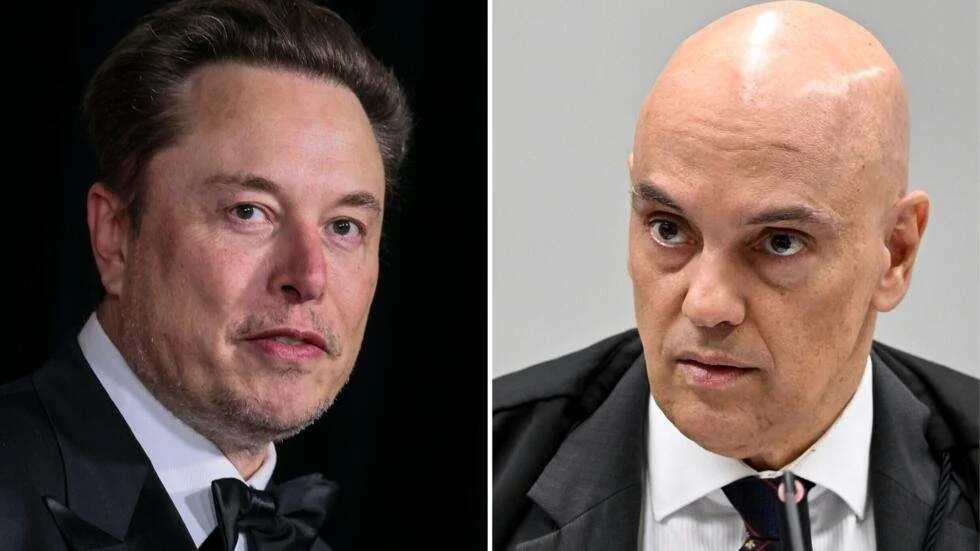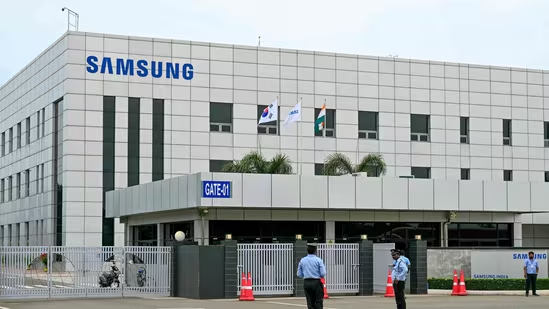On Friday, a Supreme Court judge ordered the suspension of Elon Musk’s X social media network in Brazil after the billionaire failed to appoint a new legal representative for the company, as required by a court order. The ruling, issued by Justice Alexandre de Moraes, marks an escalation in his ongoing battle against disinformation in Brazil, South America’s largest country. Moraes mandated the “immediate, complete, and comprehensive suspension of the operations of ‘X Brasil Internet LTDA’ within the national territory.”
The judge directed the National Telecommunications Agency (Anatel) to “take all necessary measures to enforce” the suspension within 24 hours. He also called upon Google, Apple, and internet service providers to “implement technological barriers to prevent access to the X application and website.” The social media platform, formerly known as Twitter, has over 22 million users in Brazil.

The social media platform formally known as Twitter has more than 22 million users in Brazil
Earlier this month, Musk shut down X’s business operations in Brazil, alleging that Moraes had threatened the company’s previous legal representative with arrest to coerce compliance with what Musk described as “censorship orders.”
On Wednesday, Moraes ordered Musk to appoint a new legal representative for the company in Brazil within 24 hours or face suspension. In response, the South African-born Tesla CEO posted tweets accusing Moraes of being an “evil dictator pretending to be a judge” and claiming that he was “attempting to destroy democracy in Brazil.”
Shortly after the 24-hour deadline passed, X released a statement predicting that Judge Alexandre de Moraes would soon order the platform to be shut down in Brazil, asserting this would occur solely because the company refused to comply with what it called “illegal orders to censor his political opponents.”
‘Who does Musk think he is ?’
The standoff with Musk began when Moraes ordered the suspension of several X accounts associated with supporters of Brazil’s former far-right president, Jair Bolsonaro, who attempted to undermine confidence in the country’s voting system following his defeat in the 2022 election.
Brazilian authorities are currently investigating whether Bolsonaro orchestrated a coup attempt to block the inauguration of the current president, Luiz Inacio Lula da Silva, in January 2023. Among the users banned by Moraes are prominent figures such as far-right former congressman Daniel Silveira, who was sentenced to nine years in prison in 2022 for leading a movement aimed at overthrowing the Supreme Court.
In April, Moraes launched an investigation into Musk, accusing him of reactivating some of the banned accounts on the platform formerly known as Twitter. Musk and his allies argue that Moraes is suppressing free speech.
“Anyone with investments in Brazil, regardless of where they are from, is subject to the Brazilian Constitution and its laws,” President Lula remarked in an interview with a local radio station on Friday.
He added, “Who does [Musk] think he is?”
Starlink finances frozen
On Thursday, Musk’s satellite internet provider, Starlink, announced that it had received an order from Justice Moraes that “freezes Starlink’s finances and prohibits it from conducting financial transactions” within Brazil.
Starlink, which operates in the country, particularly in the Amazon region, argued that the order “is based on an unfounded claim that Starlink should be held accountable for the fines imposed—unconstitutionally—on X.”
The company stated on X that it plans “to address the matter through legal channels.”
Musk is also the target of a separate judicial investigation into an alleged scheme involving the use of public funds to orchestrate disinformation campaigns in support of Bolsonaro and his allies. The spread and amplification of misinformation and conspiracy theories on social media have fueled a debate over the necessity of content moderation, and the delicate balance between exposing falsehoods and crossing the line into censorship or restricting free speech.



